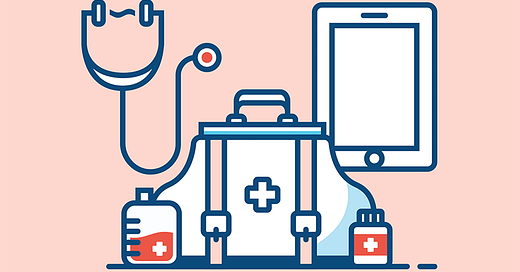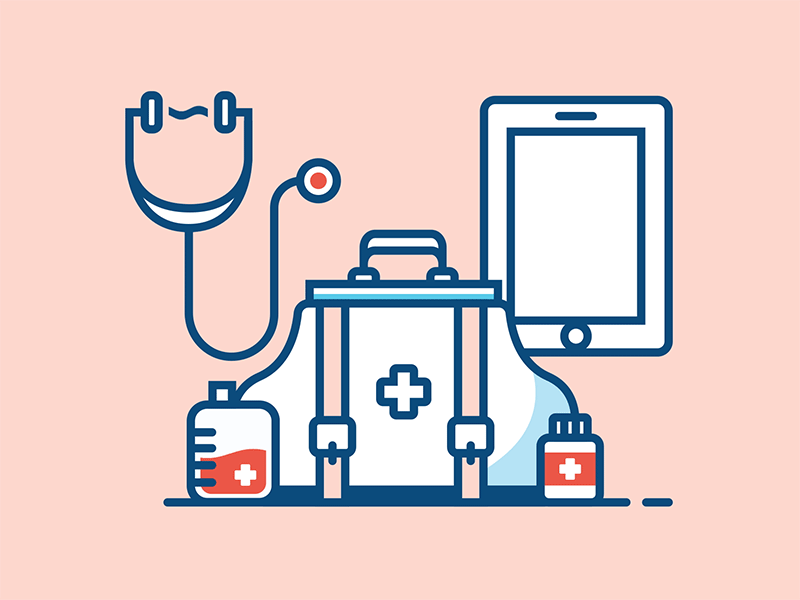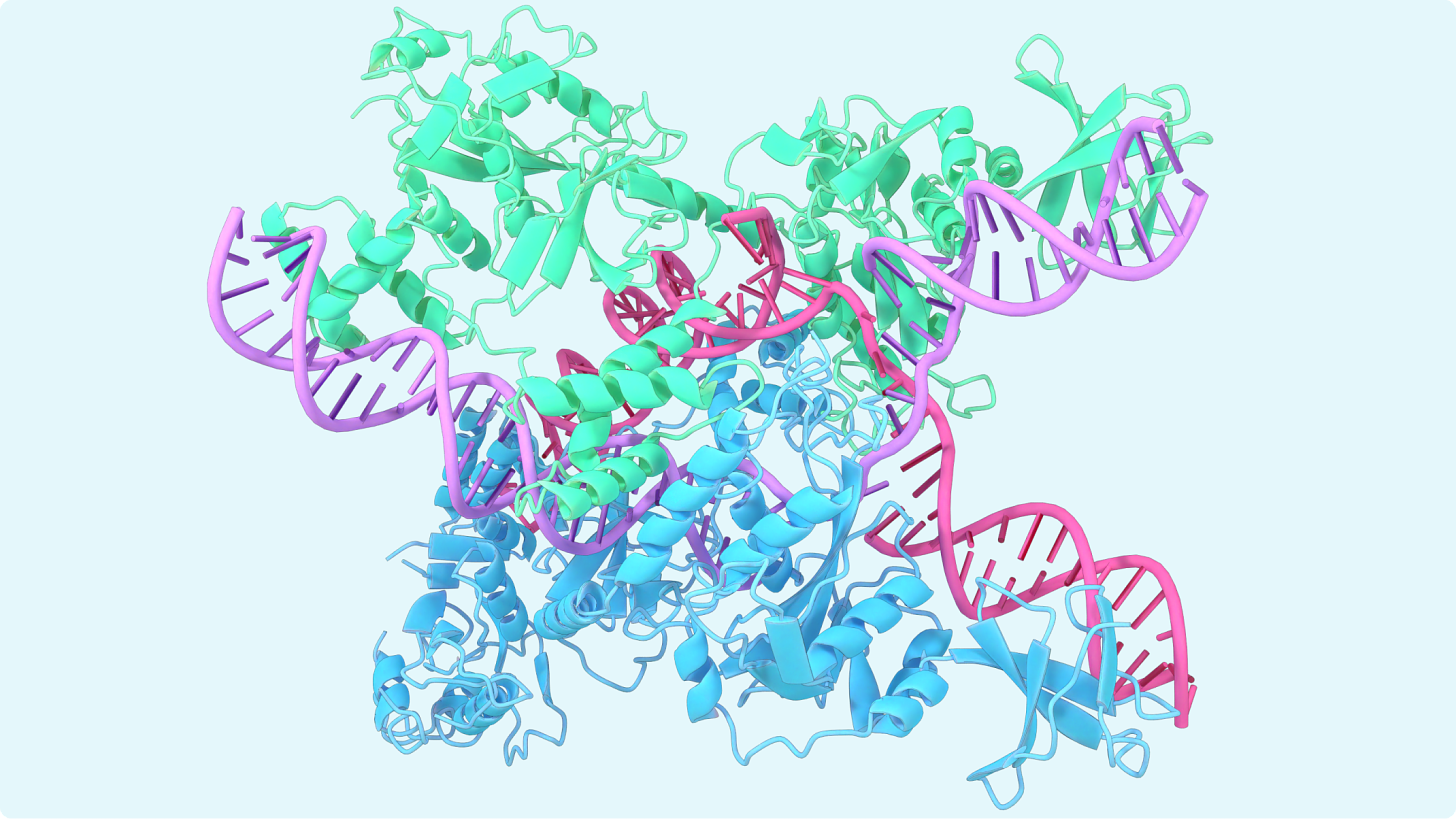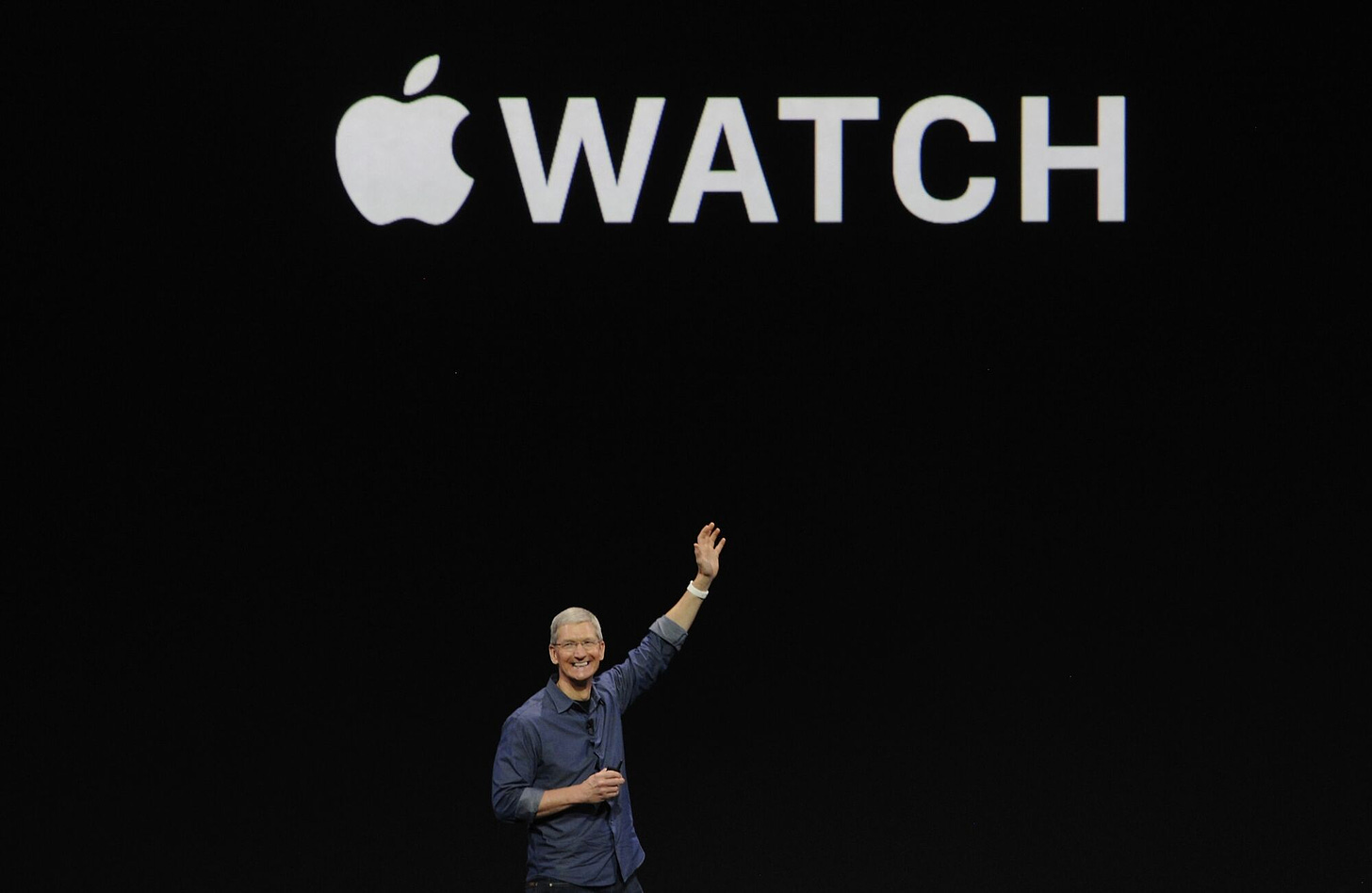In a world where everything industry is going to be impacted by the AI Tech Wave, it’s sometimes easy to appreciate its true long-term potential in really scientifically complex and regulation-festooned and many would say ‘regulation-captured’ industries like Healthcare. An industry that is now already approaching 20% of the US GDP vs other developed countries who do what they can at 10% or less, entrenched camps on both sides will argue vigorously that the US is not spending enough or spending too much on healthcare.
The one thing that is relatively scientifically predictable is that technology can do a lot to provide better healthcare, and so it for less over time. And particularly help potentially keep the broader population healthier BEFORE they get sick. As you’d expect, the majority of the healthcare spend in economies is AFTER people get sick.
Of course thousands of companies large and small, and investors public and private have been focussed on the above broad challenges and opportunities for a very long time. The reason to talk about this again now of course because AI technologies large and small, narrow and wide, from the top and bottom, can play a potentially game changing role going forward, in potentially a relatively short time.
I’d like to cite two examples from the ‘Magnificent Seven’ as cases in point: Google in this example of a ‘top-down’ case study, and Apple as a ‘bottom-up’ one.
Google’s AI powerhouse Deepmind rolled out AlphaFold 2, an important upgrade to its AI-powered protein folding technology that promises to revolutionize future drug development. As they explain it:
“Our latest AlphaFold model shows significantly improved accuracy and expands coverage beyond proteins to other biological molecules, including ligands.”
“Since its release in 2020, AlphaFold has revolutionized how proteins and their interactions are understood. Google DeepMind and Isomorphic Labs have been working together to build the foundations of a more powerful AI model that expands coverage beyond just proteins to the full range of biologically-relevant molecules.”
“Today we’re sharing an update on progress towards the next generation of AlphaFold. Our latest model can now generate predictions for nearly all molecules in the Protein Data Bank (PDB), frequently reaching atomic accuracy.”
“The latest version of AlphaFold’s ability to model such complex systems shows us that AI can help us better understand these types of mechanisms, and accelerate their use for therapeutic applications. More examples are available in our progress update.”
Very much a top down set of technologies and tools that will enable the medical industry to accelerate the development of new treatments and drugs over the coming years, using the massive computational horsepower of AI technologies. As the above announcement amplifies:
“To date, 1.4 million users in over 190 countries have accessed the AlphaFold database, and scientists around the world have used AlphaFold’s predictions to help advance research on everything from accelerating new malaria vaccines and advancing cancer drug discovery to developing plastic-eating enzymes for tackling pollution.”
On the other side of the healthcare spectrum, Apple continues to work hard on bottom up applications of AI and machine learning (ML) technologies to use these technologies to leverage the Apple ecosystem to advance preventive healthcare in a proactive manner. A key platform here has been the multi-billion Apple Watch platform over the last few years, which has already become the best selling wearable in the world, worn by tens of millions. Wearables include not just the Apple Watch, but also headphone products like the Apple AirPod platform.
This Bloomberg piece “Apple Has Plans to Eventually, Maybe Revolutionize Health Care” provides context:
“Once just a bullet point, health and fitness are now key to how Apple sells the watch. The latest model includes a thermometer to measure body temperature for fertility planning, a sensor to measure blood oxygen levels, algorithms to track sleep and a system to perform electrocardiograms. The company has also turned the iPhone into a fitness tracker and has given it the ability to tap into hospital records. Apple has touted stories of its products saving lives by alerting users to deadly heart conditions and automatically calling emergency services for people who have hurt themselves in falls or car crashes.”'
The reason to pay attention right now of course are Apple plans to use AI/ML in specific areas to advance preventive healthcare. Again, from a different Bloomberg piece:
“Apple Plans Hypertension, Sleep Apnea Detection for Next Watch
“AirPods will get hearing-aid capability and hearing tests”
“AI health coach in the works, as are Vision Pro health tools”
As the first Bloomberg piece elaborates:
“Apple’s efforts have helped bring health tracking into the mainstream. It has an enticing road map for 2024, including hypertension and sleep apnea detection for the watch and hearing aid capabilities for AirPods. There are plans to turn its forthcoming Vision Pro headset into a health and fitness device, too. And work continues on a paid health coach service that uses artificial intelligence.”
Both Apple and Goole are great examples of the painstaking work it takes, both in terms of the deep, inter-disciplinary technologies, and working with the immense regulations driven healthcare industry, to even begin making headway on any meaningful headway on these very large opportunity sets to improve healthcare at scale.
And these are but two companies I’m using as miniature case studies. A lot more to come by many more companies, most much smaller than the two cited here. And it’s not always going to be smooth sailing using AI in healthcare, particularly given the large reliability and safety improvements that have to be made.
It’s early
Stay tuned.
(NOTE: The discussions here are for information purposes only, and not meant as investment advice at any time. Thanks for joining us here)






